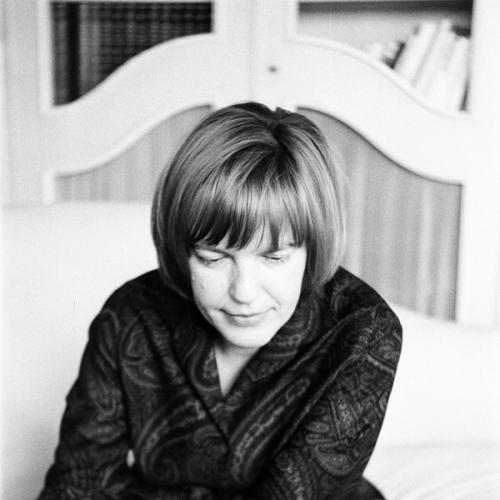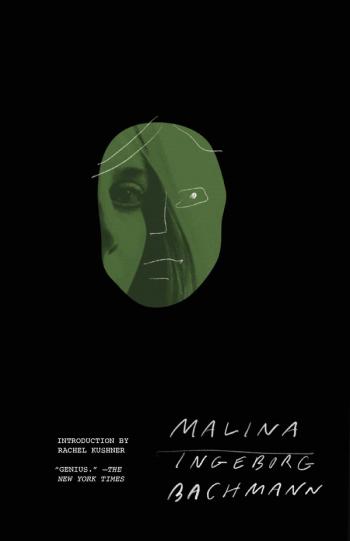Translated by Philip Boehm
With a contribution by Rachel Kushner
In Malina, originally published in German in 1971, Ingeborg Bachmann invites the reader into a world stretched to the very limits of language. An unnamed narrator, a writer in Vienna, is torn between two men: viewed through the tilting prism of obsession, she travels further into her own madness, anxiety, and genius. Malina explores love, “deathstyles,” the roots of fascism, and passion.
“Fascism is the first thing in the relationship between a man and a woman, and I attempted to say that here in this society there is always war. There isn’t war and peace, there’s only war."—Ingeborg Bachmann

